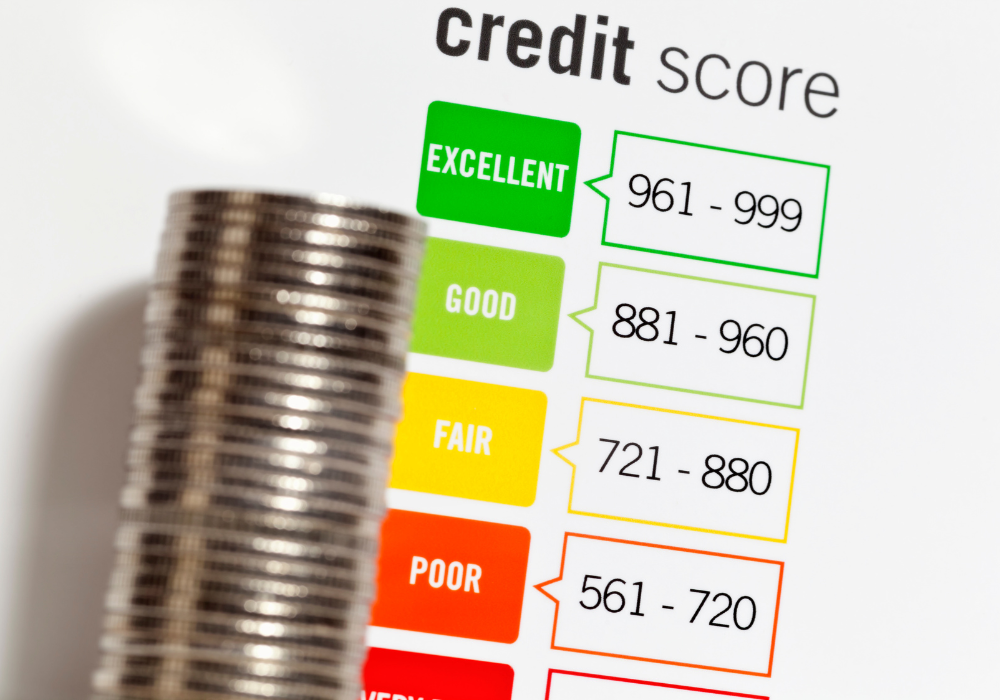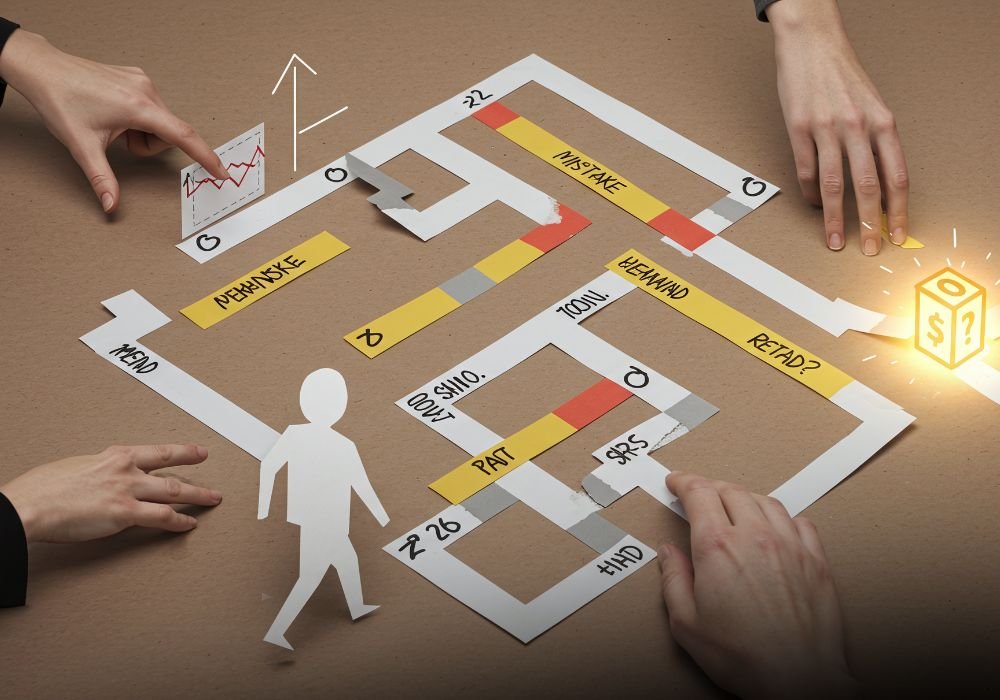Building and maintaining a healthy credit history is one of the smartest financial decisions you can make in 2025. Whether you’re applying for a loan, getting approved for a new apartment, or even job hunting, your credit history can either open doors or quietly shut them.
But what exactly is credit history? It’s simply your track record of how well you’ve managed borrowed money. And it matters a lot.
Let’s break down what you need to do to build credit from scratch, improve your current score, and keep it healthy for the long haul.
Start with the Basics: What Builds Credit?
Building credit doesn’t require anything fancy—just consistency and smart habits. Start by opening a credit account you can manage well, like a credit card, a student loan, or a secured card if you’re new to credit.
Once you have credit, your focus should be twofold: always pay on time and keep your credit usage low. Using less than 30% of your available credit shows you’re in control. The lower, the better.
Also, don’t open too many accounts at once. Too many applications can lower your score and make you seem risky to lenders.
These core habits are the foundation of a healthy credit history. Start here, and you’re off to a strong start.

Use Credit, But Don’t Abuse It
Credit is not free money. It’s a tool. Having access to credit doesn’t mean you need to use all of it. Lenders look at how much of your available credit you’re actually using. This is called your credit utilization rate. Lower is better.
Say you have three credit cards with a total credit limit of $10,000. If you owe $2,000, that’s a 20% utilization rate. That’s great. But if you owe $8,000, that’s 80%—and that could hurt your score.
Keep balances low, pay off your cards each month, and don’t open new credit accounts just because they come with a discount or freebie. It’s also important to avoid lifestyle inflation and stay financially disciplined so that rising income doesn’t lead to rising expenses. Those quick offers can end up costing you in the long run.
Be Careful About New Credit
It’s tempting to say yes to every credit card offer that lands in your inbox. But more accounts mean more risk, and too many new applications in a short time can signal trouble to lenders.
Each time you apply for credit, a lender checks your report. These checks are called hard inquiries, and too many of them can lower your score. If you really need a new credit line, go for it. Just don’t apply for five at once.
Also, don’t close your old accounts without thinking it through. Older accounts give your credit history more depth. They show you’ve had access to credit for a long time and used it responsibly.
Keep an Eye on Your Credit Report
Mistakes happen. A wrong entry or outdated information can pull your score down unfairly.
It’s important to review your credit report regularly—at least once a year. Make sure everything is accurate. If you spot any errors, dispute them right away.
There are plenty of tools and apps that let you track your credit score and monitor your credit reports. You can explore some of the top personal finance tools for 2025 to help you stay on top of your credit health and financial goals. Use them. They help you stay in control and alert you if anything unusual happens.
Reduce Your Debt Gradually
Got existing debt? No problem. Start small. Make consistent payments every month. And always be prepared—smart financial risk management can help you handle unexpected expenses without damaging your credit. Even if you can’t pay it all off at once, showing regular effort makes a difference.
Focus on high-interest debt first, or consider a method that works for you—like the snowball or avalanche method. The key is to keep moving in the right direction.
Debt won’t disappear overnight. But each payment takes you one step closer to better credit.
Think Long-Term, Not Quick Fix
Building a good credit history is a marathon, not a sprint. Good habits matter more than quick wins. Pay on time. Keep usage low. Check your reports. Don’t open or close accounts too often. Rinse and repeat.
Even if you’ve made mistakes in the past, you can recover. Time and consistency heal most credit wounds. And when big changes come your way, it helps to know how to navigate financial decisions during major life events without harming your credit.
And if you ever feel stuck or unsure, DGS Finance is here to help. We understand that credit can be confusing and stressful, but we’re dedicated to making it easier for you. Whatever your credit challenges, we’re here to help you work through them with real, practical solutions.
Conclusion
Building and maintaining a healthy credit history doesn’t have to be complicated. By paying bills on time, keeping your credit use low, and regularly checking your credit reports, you can keep your financial reputation strong.
It’s not about being perfect but making steady progress. A good credit history opens many doors, so take care of it wisely and enjoy the benefits it brings to your financial future.
FAQs: Credit History in 2025
Q: How long does it take to build credit from scratch?
A: Usually, it takes about 3 to 6 months of credit activity to generate a score. But building a strong credit history takes consistent effort over time.
Q: Does checking my credit score hurt it?
A: No. When you check your own credit (a soft inquiry), it has no effect on your score.
Q: Should I pay off my credit card in full every month?
A: Yes, if possible. Paying in full avoids interest charges and shows you can manage debt responsibly.
Q: Can I build credit without a credit card?
A: Yes. Other forms of credit—like loans, “buy now pay later” services, or even rent-reporting services—can also help you build credit.
Q: Is closing an old account bad for my score?
A: It can be. Closing an old account may reduce your available credit and shorten your credit history, both of which can hurt your score.









